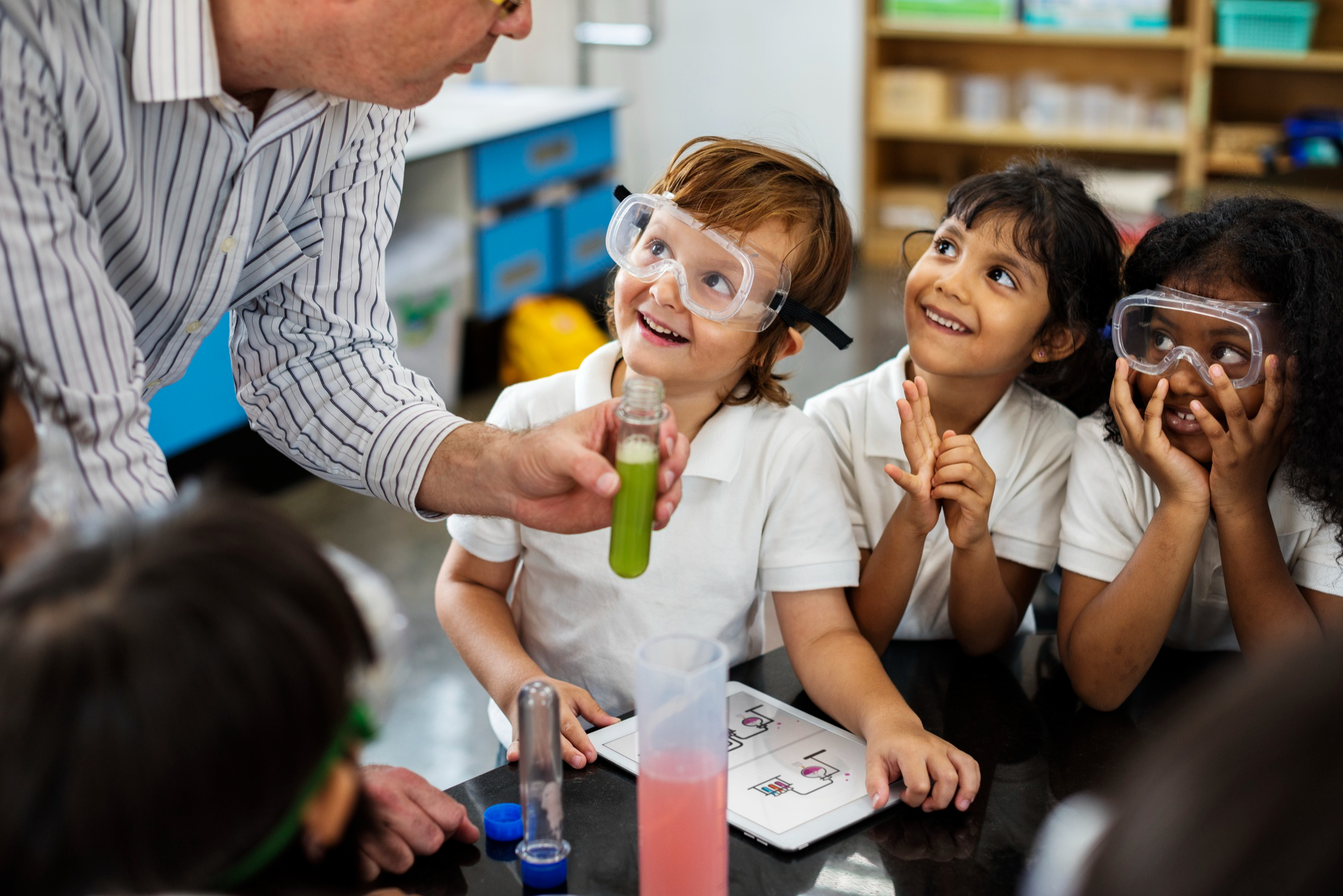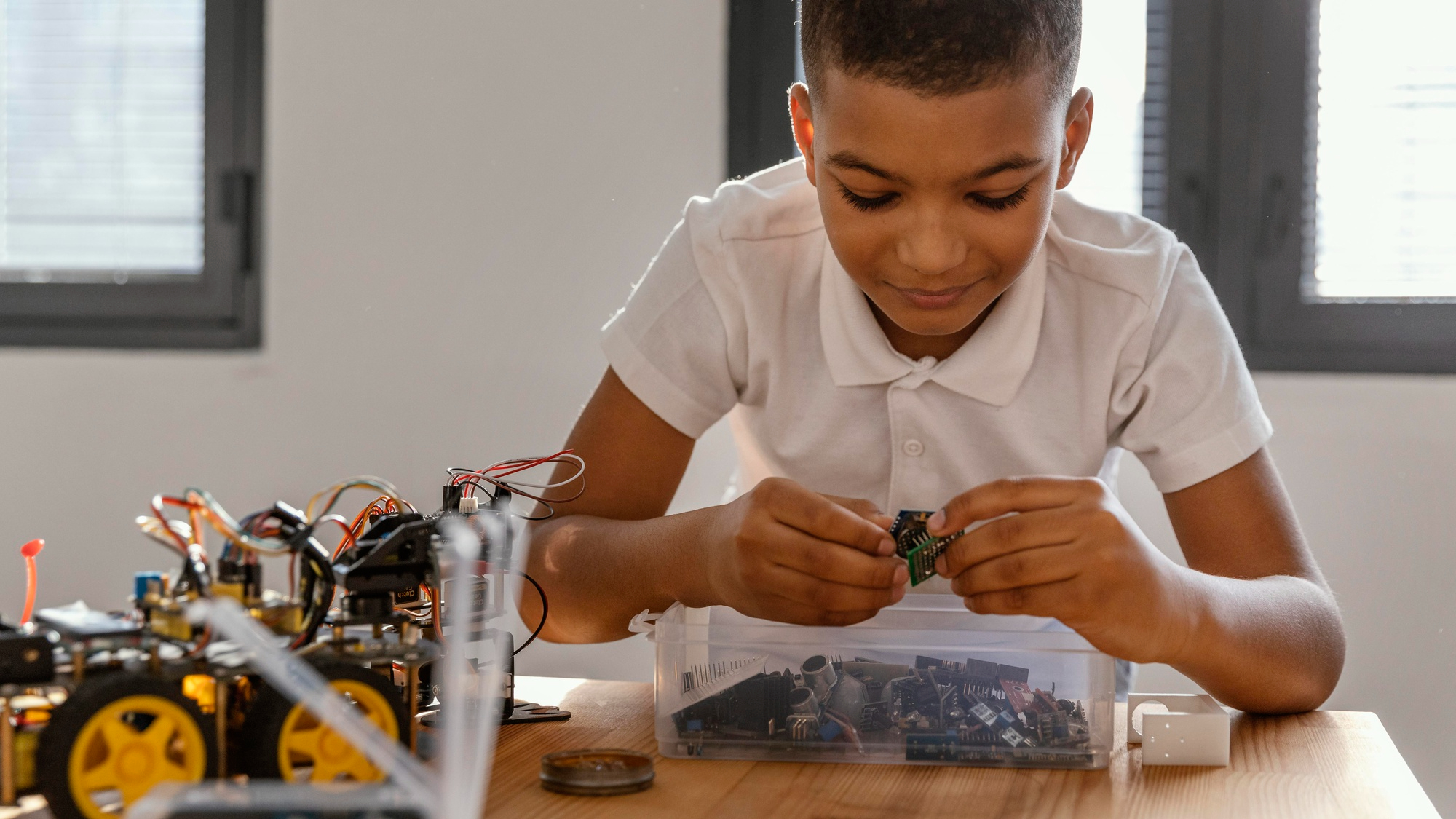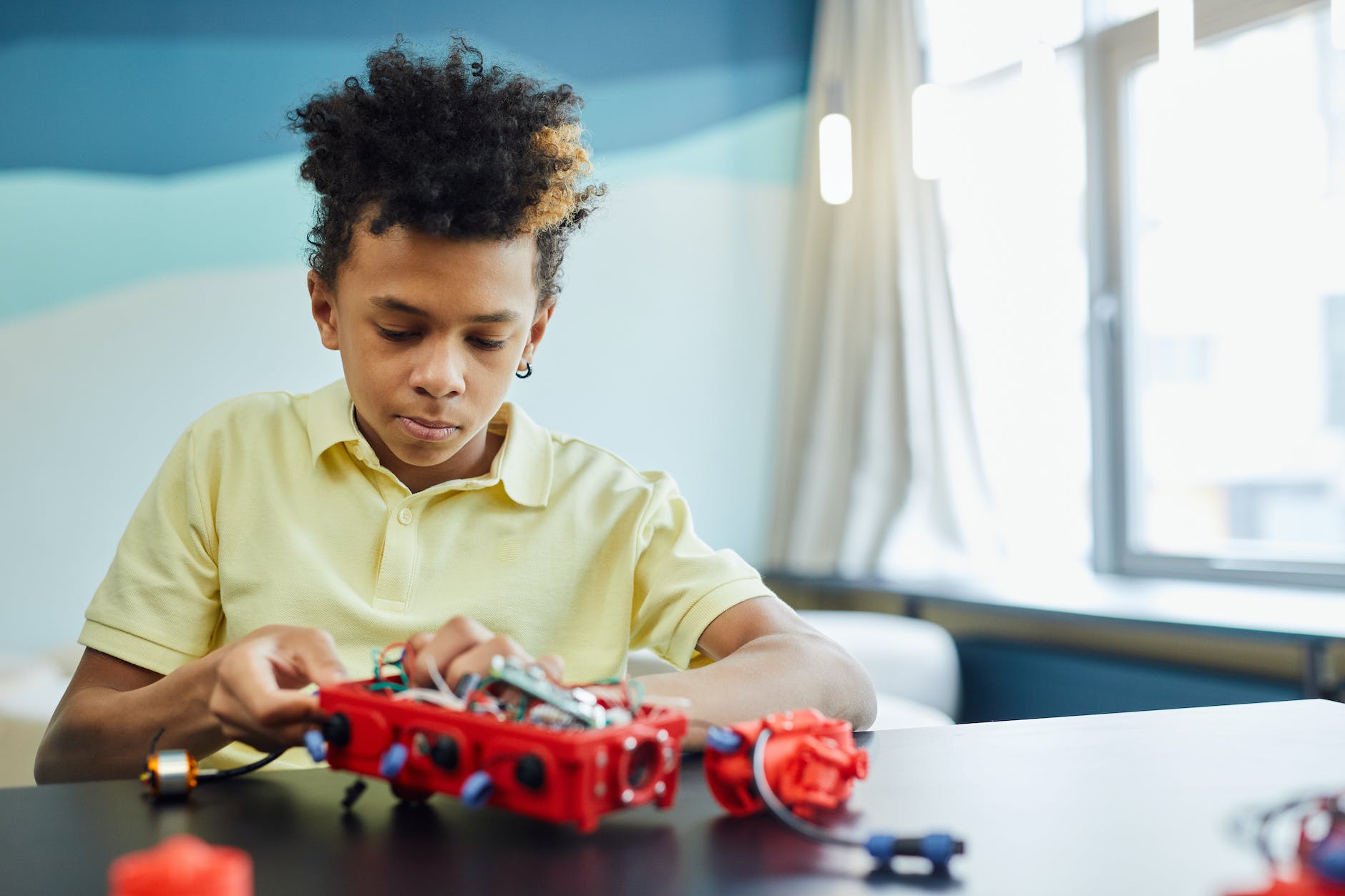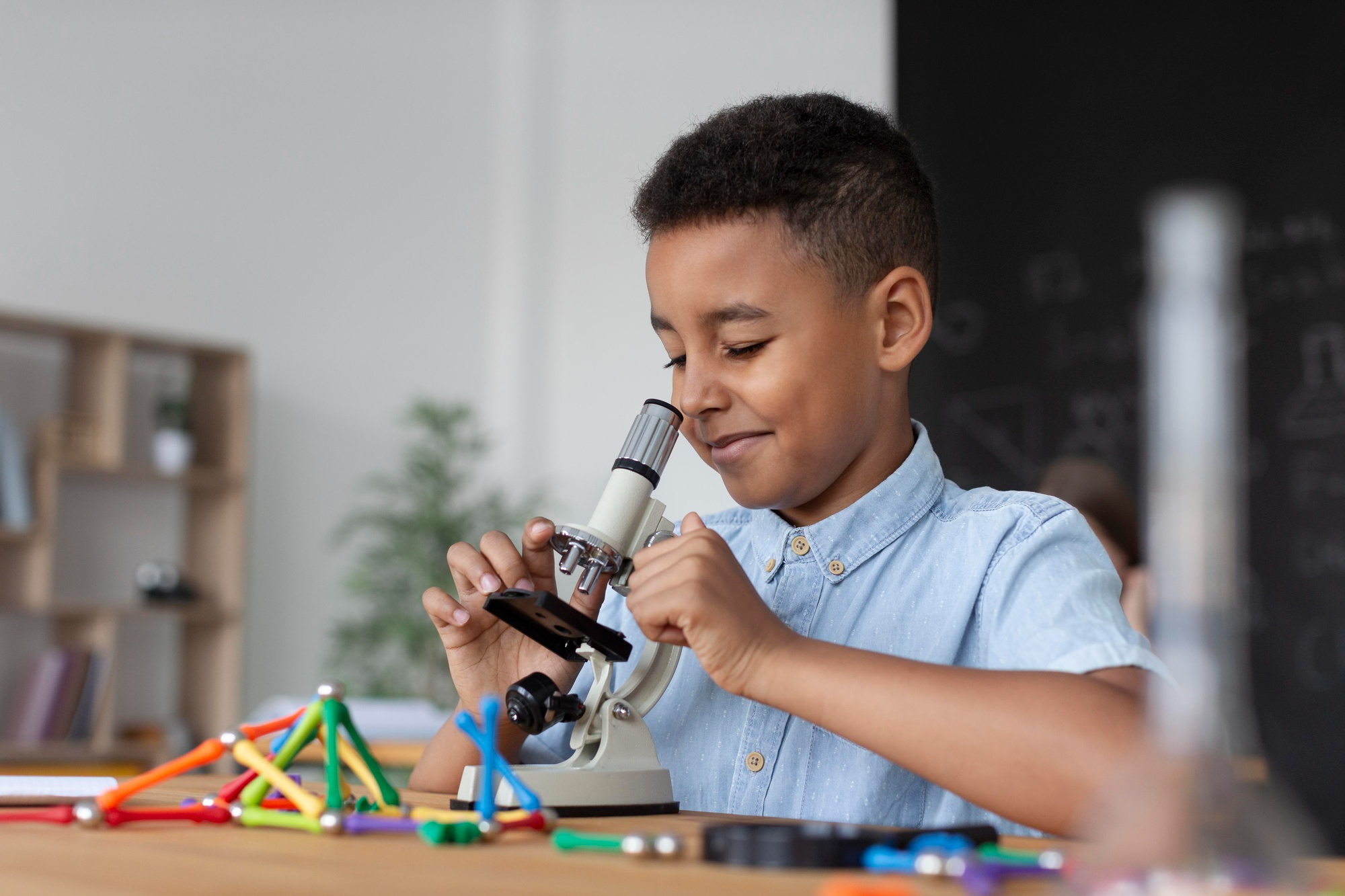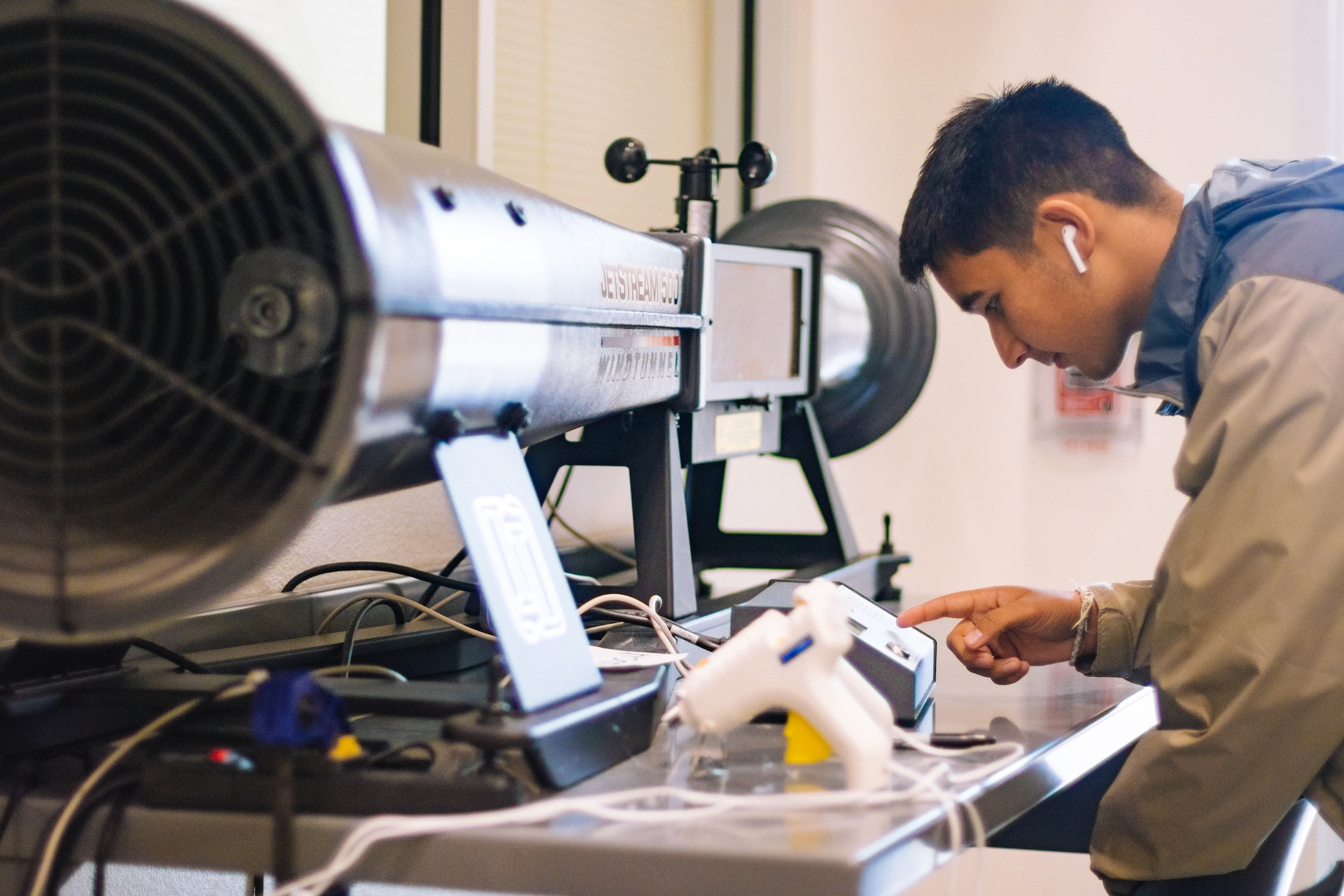This article explores the importance of investing in STEM education in Mauritius, highlights the increasing demand for STEM jobs, and explores the diverse career pathways available for young innovators in Mauritius.
In the ever-evolving landscape of the global economy, Science, Technology, Engineering, and Mathematics (STEM) fields have become the cornerstone of innovation and progress. For small nations like Mauritius, embracing STEM education is not just a choice but a necessity for sustainable development.
Continue reading “The Future is STEM: Opportunities for Young Innovators in Mauritius”


